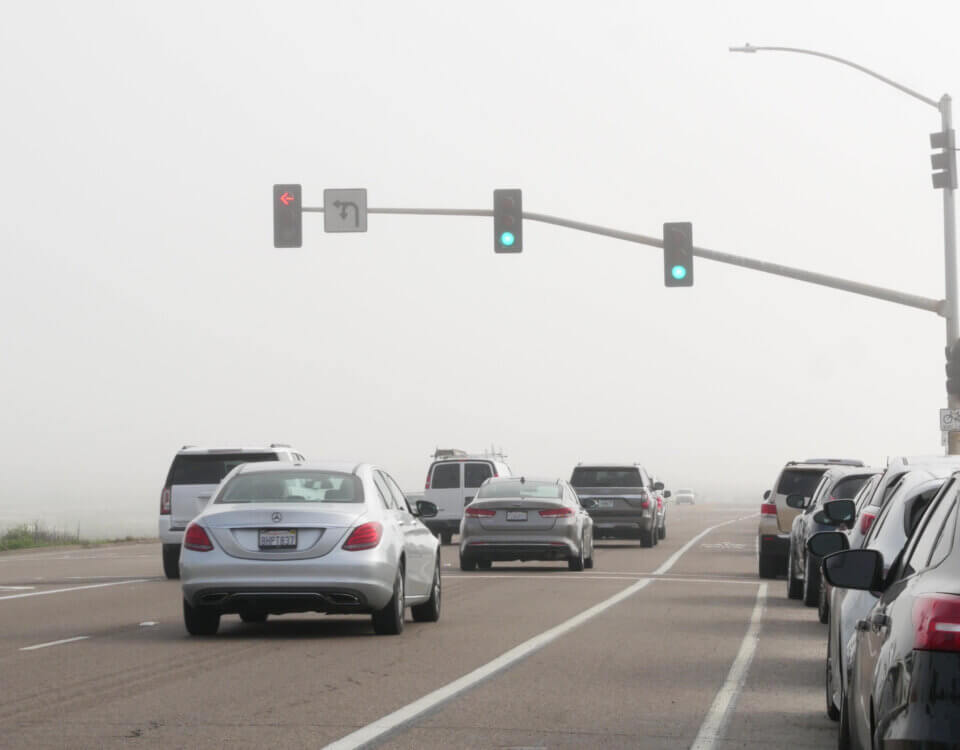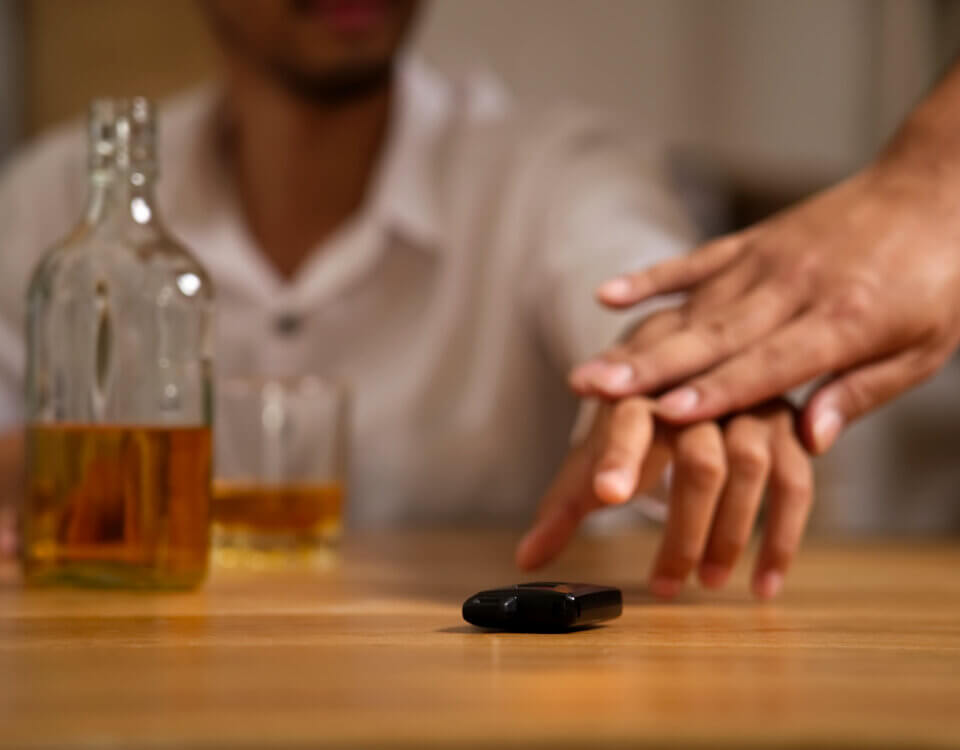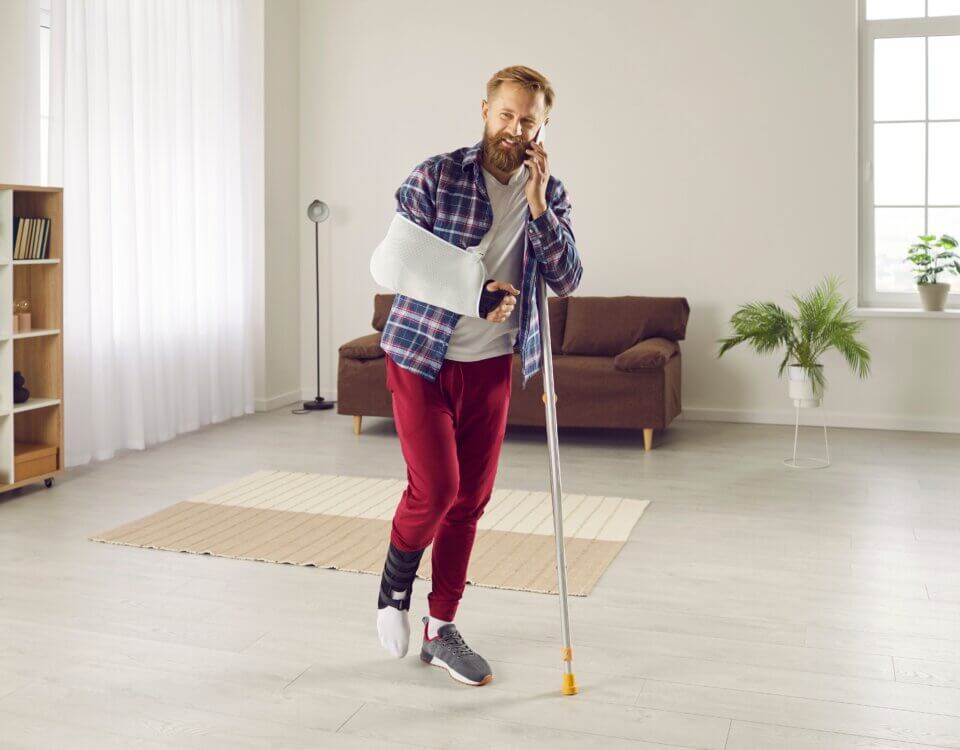Filing a police report after a car accident is one of the most important steps you can take to protect your health, your finances, and your legal rights. Even if the crash feels minor in the moment, that official report becomes powerful evidence that can make a huge difference in your insurance claim and any future personal injury case. It creates a permanent record of what happened, who was involved, and how the crash unfolded. Without it, the entire case becomes vulnerable to doubt, disputes, and denial.
Below is a fully expanded, highly detailed guide explaining why this step matters so much, what the report includes, how it affects your claim, and the smartest steps to take after an accident in California.
What a Police Report Actually Does
A police report is an official document created by a responding officer that captures the facts surrounding your crash. It is objective, neutral, and far more credible than two drivers sharing conflicting stories. Here’s why it matters so much
It documents that the accident actually happened
This prevents the other driver from denying involvement or claiming the crash never occurred.
It establishes who was at the scene
The report confirms every person, every vehicle, and every witness present.
It records evidence from the moment of impact
This may include driver statements, witness accounts, weather conditions, vehicle positions, visible injuries, skid marks, roadway hazards, and more.
It often includes the officer’s findings
If the other driver violated traffic laws, the officer may issue citations. These citations strengthen your case by showing negligence.
It supports uninsured and hit and run claims
Insurance companies often require a police report before they will process claims involving uninsured drivers or hit and run collisions.
It strengthens credibility
When your version of events matches a formal police document, insurance adjusters take your claim far more seriously.
When You Should File the Report
The best time to file a police report is immediately at the scene of the accident. If police cannot come to the scene, you should still file the report within twenty four hours. Waiting too long weakens your case because insurance companies may argue that late reporting means the crash wasn’t serious or that details are unreliable.
Even if you believe the accident is minor, even if you feel perfectly fine, and even if the other driver insists you keep things private, you should always file the report. Many injuries appear later, and the damage to your car may be more serious than you originally thought.
How to File a Police Report in California
Here is a simple step by step guide
Step One
Call police immediately after the accident to request an officer at the scene.
Step Two
If officers do not respond or are not dispatched, call the local police department and ask to meet at the nearest station or at the hospital.
Step Three
Provide accurate, factual information about what happened but avoid discussing fault. Stick to what you saw, heard, and experienced.
Step Four
Ask for the report number so you can obtain a copy once it is prepared.
Step Five
Once you receive your copy, save it, scan it, and provide it to your attorney right away.
How the Police Report Impacts Your Insurance Claim
Insurance companies rely heavily on police reports because they view them as trustworthy and objective. A strong report can accelerate your claim and increase your chance of recovering maximum compensation. Here’s how
It confirms how the crash occurred
When both drivers offer different stories, the police report serves as the tiebreaker.
It supports fault determination
Insurance adjusters often follow officer observations when deciding which driver caused the crash.
It proves injuries are connected to the accident
The report records whether you mentioned pain or visible injuries. This helps block arguments that your injuries came from something unrelated.
It is required for uninsured and hit and run claims
Without a police report, many insurance companies will simply deny these claims outright.
It strengthens negotiations
When your attorney negotiates with the insurance company, the police report is one of the strongest tools used to fight for full compensation.
How the Police Report Helps Your Personal Injury Case
If you choose to pursue a personal injury case, your attorney will use the police report as a foundation for your legal strategy. The report helps your legal team
- confirm exactly what happened
- contact witnesses
- identify citations issued to the at fault driver
- build a timeline of events
- support accident reconstruction
- reinforce your credibility
- challenge false statements or disputes raised by the other side
A well documented police report makes it far harder for the at fault driver or their insurance company to deny responsibility.
Common Mistakes That Can Hurt Your Case
Leaving the scene without calling police
This is one of the biggest mistakes people make. The longer you wait, the weaker your case becomes.
Agreeing not to involve police
This often happens when the other driver wants to avoid tickets or wants to handle things privately. Do not agree.
Believing a minor crash doesn’t need a report
Minor crashes often lead to hidden injuries and delayed pain.
Relying on the other driver to file
Never depend on another driver to handle something that protects your rights.
Waiting until injuries appear
By then, insurance companies may question the connection between the crash and your injuries.
California Specific Considerations
California places strong emphasis on documenting car accidents quickly. Filing a police report is especially important if
- the other driver was speeding
- the other driver ran a red light or stop sign
- the other driver was using a phone
- alcohol or drugs may have been involved
- the driver fled the scene
- you will be filing an uninsured motorist claim
In all these situations, the police report becomes essential evidence.
What to Do Immediately After a Car Accident
Here is a practical checklist you can follow
- Check yourself and others for injuries.
- Move vehicles out of traffic if possible.
- Call police right away.
- Take photos and videos of everything.
- Exchange information with all drivers.
- Speak to witnesses and collect their contacts.
- Request the police report number.
- Seek medical treatment as soon as possible.
- Contact your attorney and provide all evidence.
- Do not speak to insurance adjusters without guidance.
Why This One Step Can Make or Break Your Case
The police report is often the difference between a denied claim and a successful settlement. It anchors your entire case, supports your credibility, and gives your attorney powerful tools to fight for maximum compensation. Without it, insurance companies gain the upper hand. With it, you stand on solid ground backed by official documentation and factual evidence.
Final Thoughts
Filing a police report after a car accident in California is one of the smartest and most protective steps you can take. It preserves evidence, protects your rights, and sets the stage for a stronger insurance claim or personal injury case. Whether your accident was small or severe, this single action can dramatically improve your outcome.
If you ever need help understanding your report, dealing with insurance companies, or navigating your claim, an experienced attorney can guide you every step of the way.
Note: These blog posts are created solely for the use of Hillstone Law. The information is gathered from internet research, publicly available sources, and artificial intelligence (AI) tools such as ChatGPT. While we aim to share helpful and educational content, Hillstone Law does not independently verify every detail. Some information may be incomplete, outdated, or subject to change without notice. If you believe any part of a post is inaccurate, misleading, or infringes upon copyright, please contact Hillstone Law immediately so we can review it and take appropriate action, including correction or removal.
Disclaimer: The material provided in these blogs is for general informational purposes only and should not be considered legal advice. Reading these posts does not create, and is not intended to create, an attorney-client relationship with Hillstone Law. Our intent is to share knowledge, raise awareness, and provide helpful resources to the public; however, Hillstone Law makes no warranties or guarantees about the accuracy, completeness, or reliability of the information provided, and expressly disclaims liability for any actions taken in reliance on it. The photos used in these posts are for illustrative purposes only and do not depict actual clients, individuals, or incidents unless expressly stated. If you or a loved one has been injured in an accident, please contact Hillstone Law at (855) 691-1691. Our attorneys are available to answer your legal questions and help you understand your rights.







